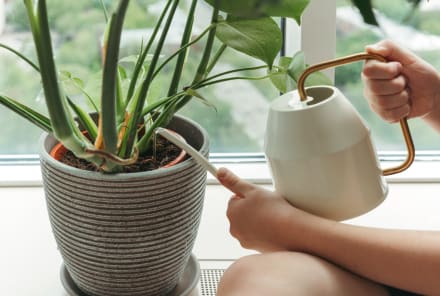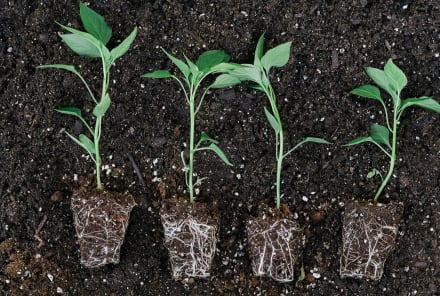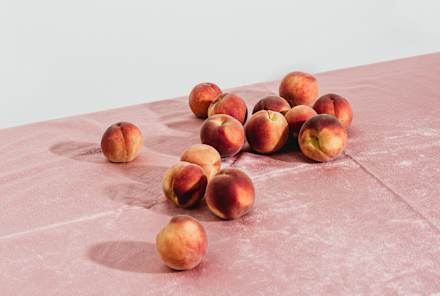Advertisement
Healthy Planet, Healthy You: March 2023 Climate News To Know


Living near green space could help kids combat social anxiety.
Many kids flock to outdoor playgrounds to let off steam, and a new study finds that play spaces with greenery could be even more calming. In research conducted in northeast China, the closer children lived to urban green spaces where they could play, the less likely they were to have social anxiety. While this study found a correlation, not necessarily causation, it tracks with previous research1 that has shown spending time in nature decreases stress across all ages. (Read the study here2.)
Prenatal exposure to pollution proves dangerous to the developing brain.
In a study on 161 Latino mother-infant pairs from Southern California, infants who had higher exposure to common pollutants like nitrogen dioxide and particulate matter in the womb scored worse on cognitive assessments once they reached 2 years old. This is one of the first studies to look at how prenatal exposure to air pollution impacts brain development during infancy, and it found that pollution could negatively impact motor, cognitive, and language scores in these all-important first years of life. (Read the study here.)
But unfortunately, none of us can avoid polluted air entirely.
In an eye-opening study recently published in the Lancet Planetary Health, modelers from Monash University in Australia mapped out air pollution levels worldwide. They found that only 0.18% of the global land area has levels of PM 2.5, a major driver of respiratory disease3, that fall below safety recommendations by the World Health Organization. And less than 0.001% of the human population (just over 8 million people) are breathing in safe air. These numbers encourage governments worldwide—particularly those in the most polluted regions in eastern Asia, southern Asia, and northern Africa—to monitor and legislate against air pollution. (Read the study here4.)
Discussing nature experiences with others can help older adults connect with their purpose.
After surveying nearly 300 adults over the age of 65 who frequently went forest bathing in Taiwan, researchers found that those who discussed their experiences in nature with others tended to have a greater attachment to their life's purpose "Part of what we found is the linkage between positive social relationships and spending time in nature," study co-author John Dattilo said in a statement. Having a sense of purpose and positive social relationships are essential to long, healthy lives, suggesting that getting out into nature only becomes more important as we age. (Read the study here5.)
Monthly focus: Planting the seeds.
With spring just around the corner in the Northern Hemisphere, the next few weeks are wonderfully transitional. They're a time to consider how you want to show up in the new season and start laying the groundwork. We can incorporate natural elements into our planning by welcoming a new houseplant into our space that represents our desire to change and evolve. Dutifully water it over winter's last hurrah and wait for it to grow in the spring light—reminding us to do the same. If you're not sure about your goals for the spring season, find inspiration in these planet-focused resolutions.
5 Sources
- https://www.ncbi.nlm.nih.gov/pmc/articles/PMC8125471/
- https://www.frontiersin.org/articles/10.3389/fpubh.2022.1046399/full
- https://www.ncbi.nlm.nih.gov/pmc/articles/PMC4740125/
- https://www.thelancet.com/journals/lanplh/article/PIIS2542-5196(23)00008-6/fulltext
- https://www.tandfonline.com/doi/full/10.1080/01490400.2023.2174217











